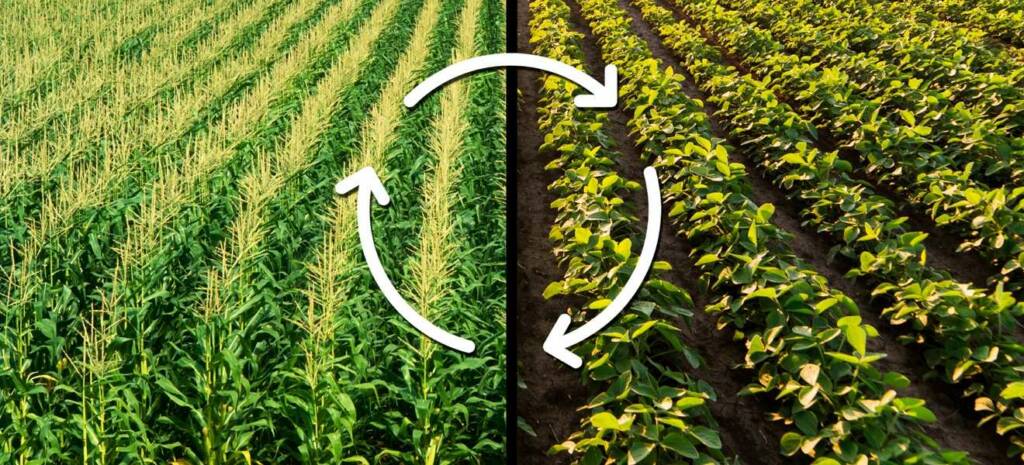Welcome, students, parents or teachers in this article we are going to tell you the Difference between Rabi and Kharif crops with definition. Please take a note that this answers are for learning purpose only and you can add and mould the answer as per your knowledge and convenience. Please let us in comment box, what do you think about this difference and what can we add more? Thanks for reading the article.
Difference between Rabi and Kharif crops:
Rabi crops are those that are planted in the winter and harvested in the spring, while kharif crops are those that are planted in the summer and harvested in the autumn. Some examples of rabi crops are wheat, barley, peas, and mustard, while some examples of kharif crops are rice, maize, millet, and soybeans.
Rabi and kharif crops are two types of crops that are grown in different seasons in India and other tropical countries. Rabi crops are winter crops that are sown in October or November and harvested in April or May. They include wheat, barley, peas, and gram. Kharif crops are summer crops that are sown in June or July and harvested in October or November. They include rice, maize, soybeans, and cotton. The main difference between the two is the time of planting and harvesting.
Also Read: Significance of mitosis: Detailed Explanation
Definition
Rabi crops: Rabi crops are the crops that are sown in the winter season, usually between October and December, and harvested in the spring, between April and June. These crops include wheat, barley, peas, gram, and mustard.
Kharif crops: Kharif crops are the crops that are sown in the monsoon season, usually between June and September, and harvested in the autumn, between September and November. These crops include rice, maize, sorghum, millet, and soybeans.
Install our app for more news and daily updates: @tfiglobal
Also Read: The food synthesised by plants is stored as ____?
